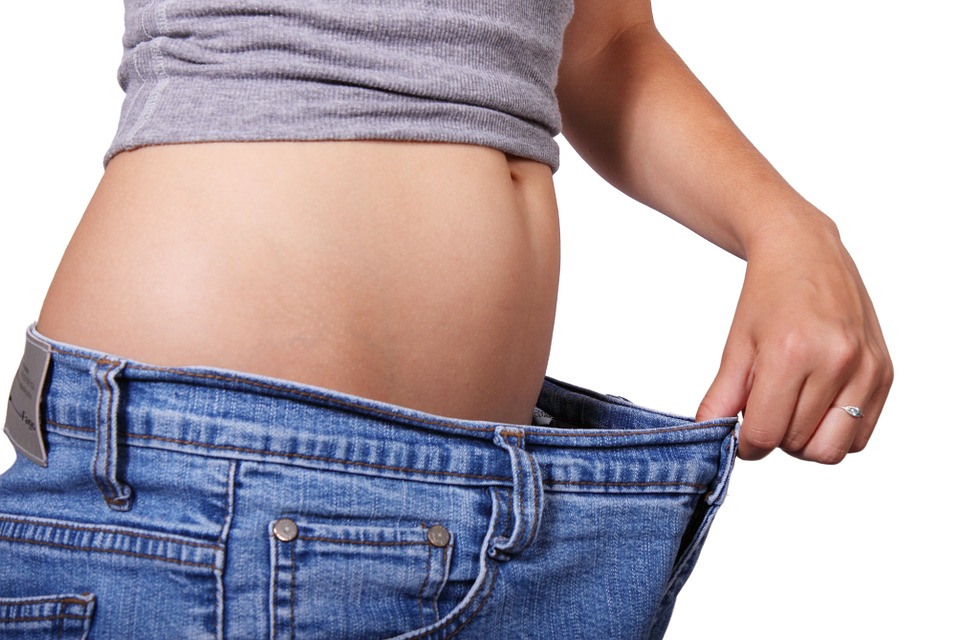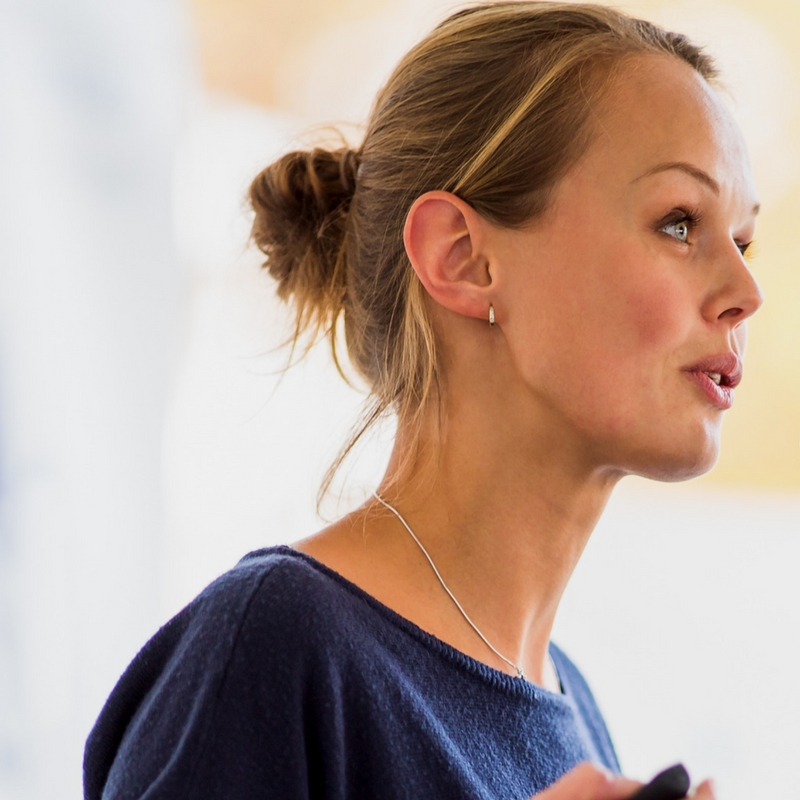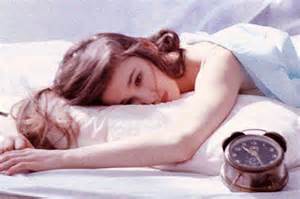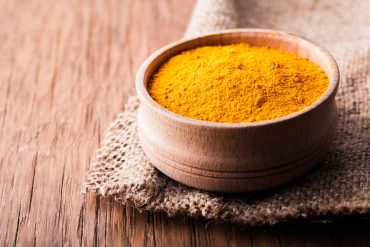Studies estimate that between 2% and 7% of the adult populations will have sleep apnea each year. This percentage translates to millions of people across the world, and this shows the widespread and seriousness of the condition. However, some people still do not understand what it is all about and this makes things even worse.
Sleep apnea is a condition that results in a temporary pause in breathing when you are sleeping. When this happens, the blood oxygen level drops and the brain has to respond by disturbing your sleep briefly so as to kick start the breathing process. The breathing, in turn, resumes with a choking or gasping sound. There are treatments available for this condition and some masks and pipes to ensure continued flow of oxygen. But the good news is that there are also some natural remedies for sleep apnea and below are some of them.
#1 Shed off Some Pounds


There is nothing positive that comes with weight gain, and so it is important to ensure that you shed off any extra pounds and maintain a healthy weight. If you want to deal with sleep apnea, you have to lose weight because statistics show that obese people are more likely to get sleep apnea than those with a healthy weight. The reason for this is because the weight gain also deposits some fat around the neck area and hence affecting your breathing capabilities.
#2 Adjust your Sleep Position
Studies show that changing your sleep position can be a very effective remedy for sleep apnea and other sleep disorders. According to experts, you should avoid sleeping on your back if you have sleep apnea. Sleeping on the back encourages your tongue to fall to the back of the throat and block it and can also make the throat muscles to close up. By sleeping on your side, you will reduce the potential triggers of this condition and any discomfort that they may cause.
#3 Avoid Smoking, Alcohol, and Sedatives


Contrary to what some people believe, alcohol is not a natural sleep aid. In fact, it does more harm to your sleep, and you should avoid or limit its consumption. Alcohol relaxes the throat muscles that are in charge of breathing and this, in turn, leads to a sleep apnea incidence. Apart from this, smoking and drinking alcohol can also result in fluid retention and inflammation in your airways which is one of the leading causes of this sleep disorder. Sedatives, on the other hand, can also relax the throat muscles and hence cause sleep apnea.
#4 Minerals and Vitamins
According to experts, most people that suffer from sleep apnea and other related conditions also have a deficiency of vitamin D. By increasing their intake of this essential vitamin most of these patients will see a decrease or even elimination of sleep apnea symptoms. Studies also show that vitamin C can help deal with the damages that come with sleep apnea. This condition can damage the cells and hence make things even worse for you but taking vitamin C will help to minimize the damage.
#5 Humidify the Bedroom


Most individuals report that they have less congestion, a decrease in snoring and clearer breathing when they have a humidifier in their room. This small device will help to ensure that the sinuses drain and that more fresh air moves through your airways. If you do not have a humidifier, you can also try rubbing some eucalyptus oils on your chest before sleep as they are effective in soothing a stuffy throat or nose and opening up your airways.
#6 Herbal Remedies


Herbs are very helpful when dealing with sleep issues, and the best thing is that they are cheap, safe and readily available. There are many herbs that you can use to deal with this problem, and so you only need to find out what works well for you. Chamomile has some compounds that relax the nerves and muscles while also promoting sleepiness. Others like peppermint and garlic have anti-inflammatory properties while cinnamon can help treat the breathing problems that come with sleep apnea. You can take these herbs in the form of a bedtime tea or any other way that you want.
 About the Author: Jane Collins is a blogger at g9sleeptight.com, a blog dedicated to providing useful tips and solutions that help you have a better night’s sleep. Follow Jane on Twitter: @g9sleeptight
About the Author: Jane Collins is a blogger at g9sleeptight.com, a blog dedicated to providing useful tips and solutions that help you have a better night’s sleep. Follow Jane on Twitter: @g9sleeptight





